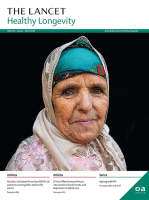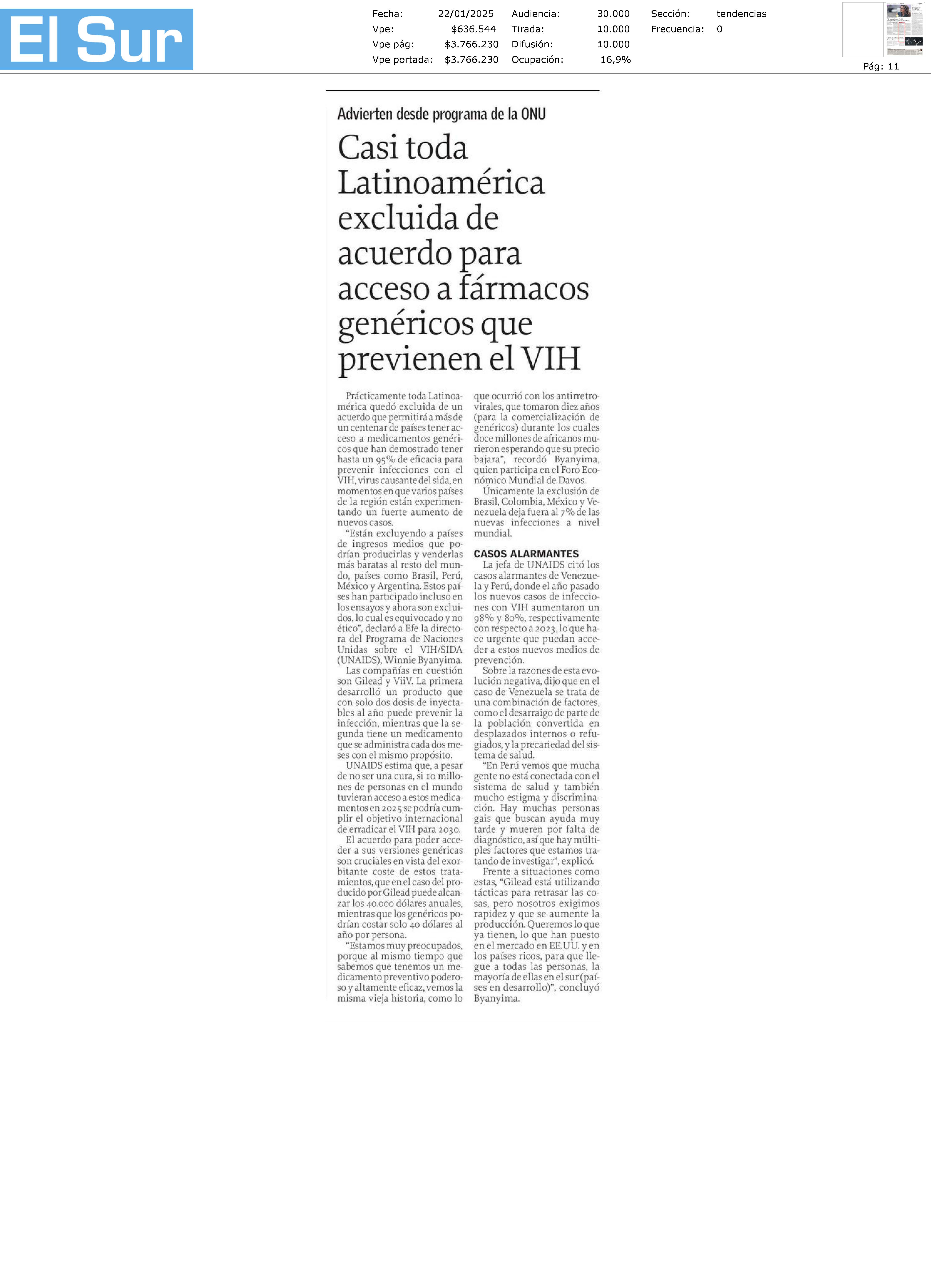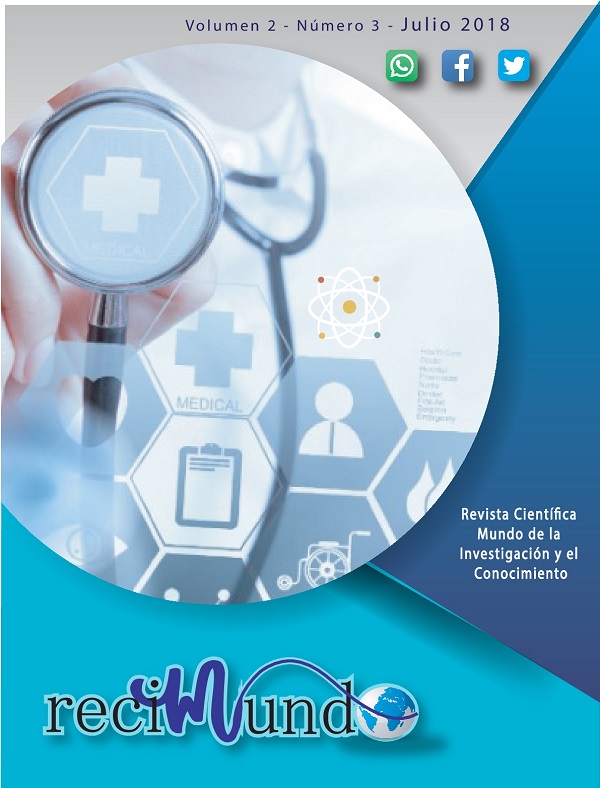Resumen
People ageing with HIV face crucial challenges that can compromise their long-term health, one of which is stigma.
HIV-related stigma can interact with other coexistent inequities to create a unique oppression system that results in
traumatic experiences. This intersectionality of stigmas represents a new inequality that is greater than the sum of
the original component inequalities. In this Series paper we review the literature regarding the intersectionality of
HIV-related and ageing-related stigma and health-related quality of life among people ageing with HIV in China,
Europe, and Latin America—three regions that represent distinct epidemiological and cultural trends in terms of
HIV and ageing. Substantial gaps in the literature were identified, in particular a scarcity of data from Latin
America. We also found inconsistencies between countries in terms of definitions and reporting practices related to
people ageing with HIV. Research that fully considers the intersectional stigmas faced by this vulnerable population
will contribute to advancing the United Nations 2030 Agenda for Sustainable Development.






